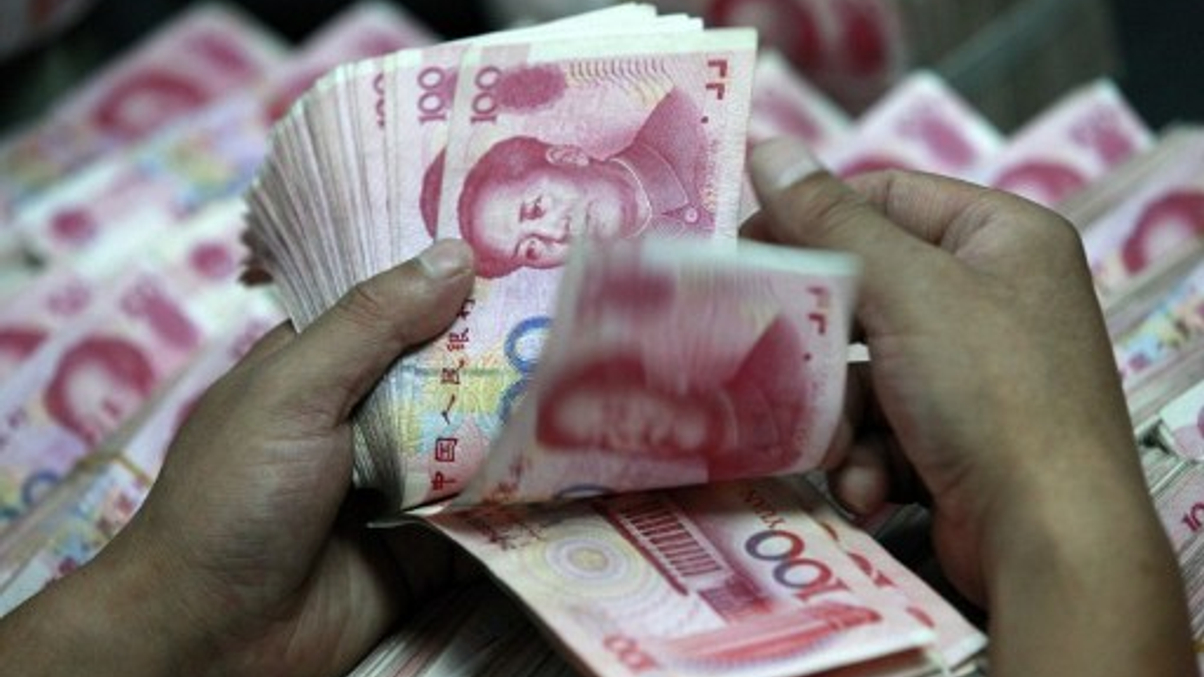RMB fall forces QDII managers to take action
The weakening renminbi has boosted demand for foreign assets, leading Chinese fund firms – already short of QDII quota – to suspend subscriptions or switch to using Stock Connect.

A recent rise in Chinese investor demand for foreign exposure, sparked by recent renminbi depreciation, has led mainland fund houses to suspend subscriptions to QDII products or switch to using Stock Connect to gain Hong Kong equity exposure.
Sign in to read on!
Registered users get 2 free articles in 30 days.
Subscribers have full unlimited access to AsianInvestor
Not signed up? New users get 2 free articles per month, plus a 7-day unlimited free trial.
¬ Haymarket Media Limited. All rights reserved.


